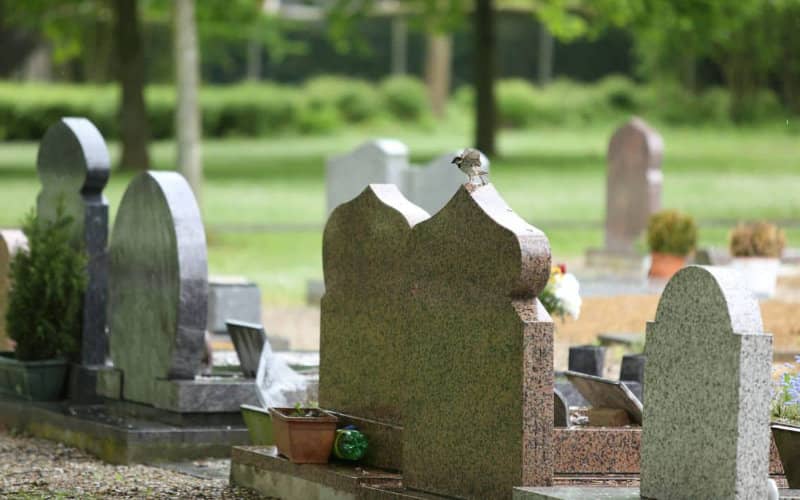Muslim Burial Crisis in France: Shortage of Cemetery Space Sparks Controversy

In France, Muslims are having trouble burying their dead. Between saturation and legal void, the problem persists, worsening with a political will that is still not there.
Muslims in France are increasingly confronted with the difficulty of finding places to bury their dead in denominational sections. A situation that has worsened since the appearance of Covid-19. Especially since many French people of immigrant background are also buried in France and not in their countries of origin. Anti-Muslim elected officials do not care about this problem. They even claim the illegality of denominational sections, while the town halls report their difficulty in managing the cemeteries, reports Le Muslim Post.
Yet some politicians have never stopped advocating. In 2008, former minister Michèle Alliot-Marie pleaded for "denominational sections to really become legal, at the risk that their use will clash with the law in the future". Similarly, circulars from the Ministry of the Interior in 1975 and 1991 recommended that mayors "use the powers they hold to reserve special sections in existing cemeteries for French Muslims of the Islamic faith, if the request is presented to them and whenever the number of burials justifies it".
Today, Michèle Alliot-Marie’s fears are justified. A more recent law prohibits "raising or affixing any religious sign or emblem on public monuments or in any location whatsoever, with the exception of places of worship, burial grounds in cemeteries, funerary monuments, as well as museums or exhibitions", according to Article 28 of the Law of December 9, 1905.
The mention of Muslim sections in French cemeteries often raises the issue of secularism. "Secularism cannot serve as a pretext for municipal authorities to refuse that graves be oriented in cemeteries," the Commission for the Reflection on the Application of the Principle of Secularism in the Republic, chaired by Bernard Stasi, had indicated in 2003. A remark that has never been taken into account until today.
Related Articles
-

French Air Travel Chaos: National Strike Halves Flights, Disrupts Schedules Nationwide
10 September 2025
-

Algerian Doctor’s French Dream Turns Nightmare: Hospital Exclusion Sparks Legal Battle
9 September 2025
-

French Air Traffic Strike Chaos: Royal Air Maroc Issues Urgent Travel Advisory
9 September 2025
-

Marseille Mayor Faces Death Threats Over Couscous: Far-Right Backlash Ignites Debate on Cultural Tolerance
8 September 2025
-

French Air Traffic Chaos Looms: Massive Strikes to Cripple Flights Nationwide
7 September 2025